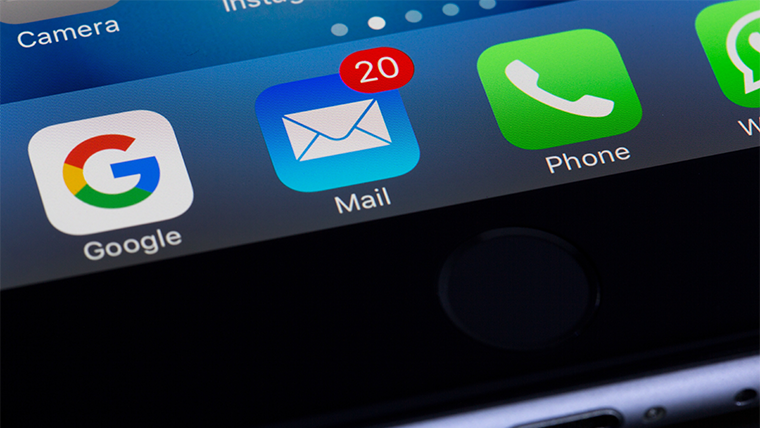
| 

You might have heard of this new phrase on the cyber block but have never really understood what it meant.
Phishing is as flaky as it sounds – it is a fraudulent attempt to obtain sensitive data such as usernames, passwords and credit card details under the guise of a trusted entity via electronic communication.
Electronic communication is by and large done via the internet these days, so it is this platform that makes phishing particularly prevalent and pretty easy to do if you aren’t in the know.
Phishing in the Pandemic
As if COVID-19 were not enough to cause devastation, phishers are riding this tragic wave to malicious ends. Reports of phishing have risen dramatically since the onset of the pandemic and this art of deception seems to be becoming more sophisticated too.
Here are a few ways to keep yourself safe from phishing:
Spell check
Spelling mistakes or typos scream scam. If you receive an email supposedly from your bank and it is full of spelling mistakes and bad grammar, then it is more than likely a scam. Multi-billion-pound corporations such as banks have teams dedicated to presenting clean and clear correspondence. Even though cyber criminals are stepping up their game, they are still going to slip up somewhere.
Getting personal
Major organisations value your personal details almost as much as you do, and they won’t ever ask you for your credit card details or national insurance number by email.
If you receive a seemingly genuine email asking for this type of personal information, see it as a red flag. The email might lure you in with promises of a refund or rebate, but don’t jump at replying with the data they require.
No room for panic
Professional phishers will often try and get you to do what they ask by putting you under pressure. One way of doing this is claiming your bank account will be frozen due to fraudulent activity. Your knee jerk reaction might be to agree to move your money into a “new” account, which, you will soon find out, has nothing to do with you.
When you receive requests like this, report them immediately to the relevant organisation the emails are pretending to be from. If you don’t, these sorts of shenanigans will be able to escalate and the next person might not be as savvy as you are.
Too good to be true
If you receive an email with a link for you to claim an astounding cash prize, you should pause before you click. An unsolicited email should be shady enough, but one promising you that there is gold at the end of your rainbow is even more so.
Just have a good look at the actual email address and the link itself. There should be some clues in both of these to make you realise that you were right to be cautious. Simply hover the mouse over the link without clicking on it and the full URL will appear. If this doesn’t match a company or organisation’s website, then it’s fake.
Also, check even more carefully for slight alterations to URLs you visited often. It might be as simple as instead of http://www.bigdaddycompany.com it might appear as http://www.bigdadycompany.com.


